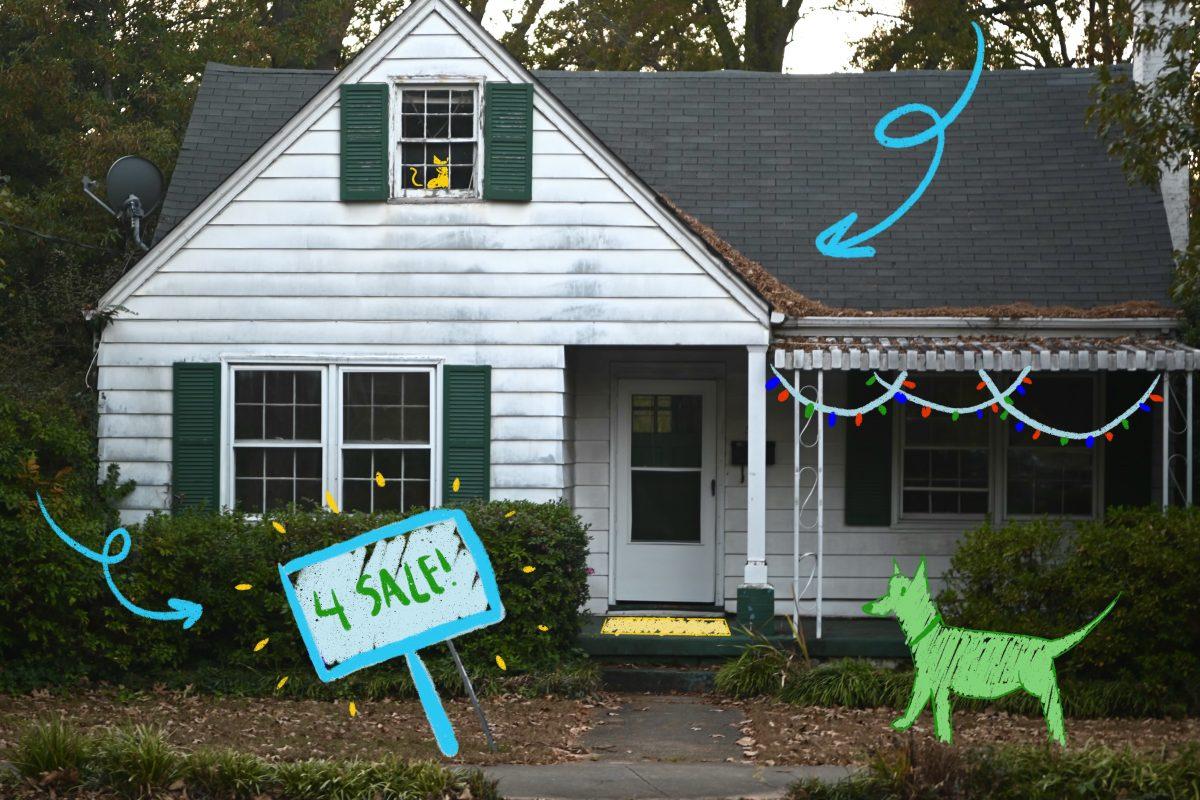The 2024-25 leasing season is in full swing, and students across campus are racing to secure coveted off-campus housing leases. Technician asked experts in the industry for tips on what to look out for in your lease.
Slater Beck, community leasing and marketing manager at Stanhope, said students should read the entirety of the lease, no matter how long and dense it is.
“The main thing would be to look for what utilities are included, what’s not and how much must you pay for it,” Beck said.
Beck also said students should consider parking options and the length of the lease to avoid misunderstandings.
“I know that many places around here will offer parking; I would get on it because it can be limited,” Beck said. “Lease term dates as well — with student housing, a lot of people think it’s a 12-month lease, but it’s a little bit less than 12 months and typically starts in August or middle of August and then goes into the end of July of the following year.”
Michael Avery, staff attorney for Student Legal Services, said before securing a lease, students should look for their future home through a trusted source, such as the NC State off-campus housing website, which vets all landlords listed.
“I would just generally discourage students from using Craigslist or any of the Facebook off-campus housing options because anybody can make one look official,” Avery said.
Avery said students should be wary of any leases that ask for electronic payment or payment before documents have been signed.
“Several scammers ask students to pay on the Wells Fargo app, Cash App,” Avery said. “When you see these things like Wells Fargo app, Cash App, Venmo, Zelle, it should raise a red flag in your head, right? Because those are untraceable funds.”
Once a student has secured a lease, Avery said he always recommends students send their leases to Student Legal Services’ review service, where a lawyer will review a student’s lease for fraud or suspicious activity. The service is free, confidential and an easy way for students to protect themselves against potential scams.
“We always encourage students to go ahead and contact us before they sign anything,” Avery said. “With these leases being 30, 40 or 50 pages, I’m not expecting a student to go through all that with a fine tooth comb.”
Avery said students should check the lease language for a written notice of termination dates. Usually, leases require tenants to tell landlords they are ending their lease 30 or 60 days in advance, even if the end date is pre-specified in the lease. Failure to do so can mean students get stuck in their leases for additional months or even a year.
“I look at the written notice of termination because if it’s unusually high, it might indicate other things in that lease that I don’t like,” Avery said. “I see 90 days, probably not an issue, but I start to see 120, 150, 180 days — who knows 180 days in advance at the end of the lease that they will be leaving?”
After signing a lease and moving in, Avery said the most important thing a tenant can do is complete a move-in inspection report, in which the tenant details the condition of everything in the apartment in writing and with pictures.
“There’s an issue — say there’s a scorch mark on the counter — you want to note it in that report, and you want to take pictures that correspond to that report,” Avery said. “Let’s say that after you move out, you’re waiting for the landlord to return your security deposit, and they make all these claims … you can go, ‘Hey, landlord, here’s my move-in inspection; here’s my pictures. This is what it looked like when I moved in. It’s no different.’”
Avery said students should keep a copy of their move-in inspection and provide one to their landlords to protect their deposit. If the landlord does not provide an inspection upon move-in, Student Legal Services can provide a sample.
Many students choose to sublet their rooms after moving in if they unexpectedly need to move. However, Avery said subletting doesn’t absolve the student of responsibility; if the subletter refuses to pay, the student can still be on the hook for rent and other charges.
“If you know before you sign that lease that you want to be out before the lease ends, ask the landlord to amend it before you sign it,” Avery said. “Even if it causes a small increase in the monthly rent, it will probably be better than having to pay the other two months or be subject to the whims of the subtenant.”
For more information on how to get a lease checked by Student Legal Services, visit its website.








